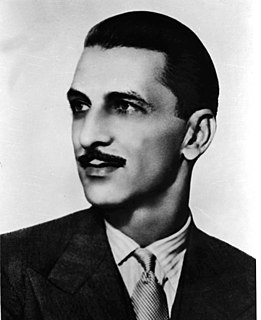A Quote by Tom Golisano
Like health care, education is something worth spending on and worth investing in, but we're spending more and getting less.
Related Quotes
Is it just a coincidence that as the portion of our income spent on food has declined, spending on health care has soared? In 1960 Americans spent 17.5 percent of their income on food and 5.2 percent of national income on health care. Since then, those numbers have flipped: Spending on food has fallen to 9.9 percent, while spending on heath care has climbed to 16 percent of national income. I have to think that by spending a little more on healthier food we could reduce the amount we have to spend on heath care.
I think if you're going to a concert and spending $15 for a ticket for you and your girlfriend, then you're going to buy a T-shirt, and you end up spending close to $100 a night, what with gas in the car and anything else to get you in the spirit of things, I just think that people deserve their money's worth.


































